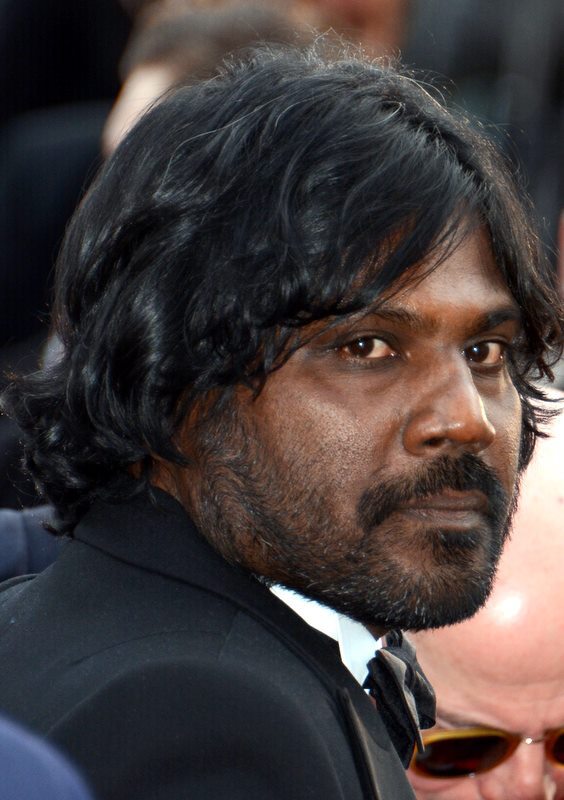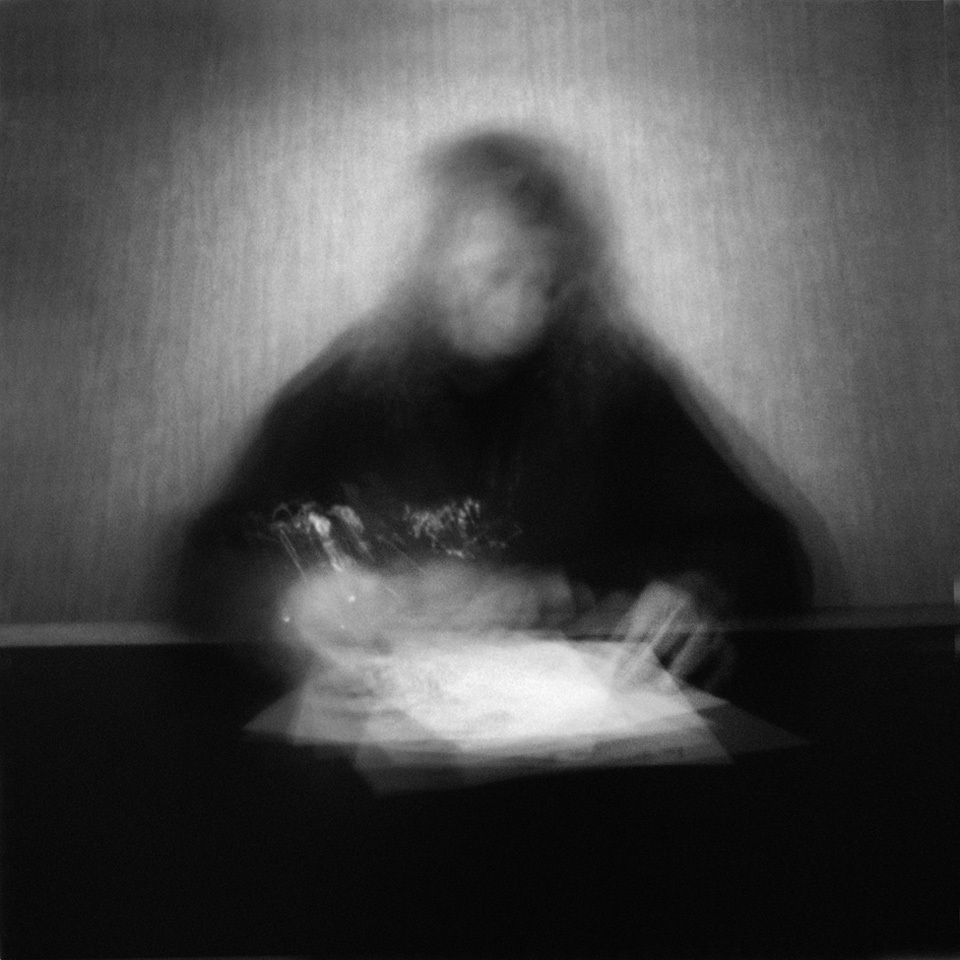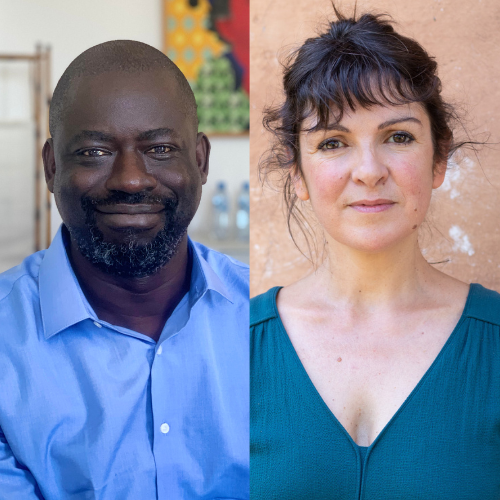Writing in Exile
Exile is fascinating to think about, but horrible to experience. An exile lives between two worlds, is nowhere at home. Art and literature can then offer something to hold on to, a lifeline to the past and country that have been lost. Russell Banks, Aslı Erdoǧan and Antonythasan Jesuthasan will talk about writing in exile. The experiences are first-hand, completely different and yet identical.
category
language
Between two worlds
‘Beyond the frontier between “us” and the “outsiders” is the perilous territory of not-belonging: this is to where in a primitive time peoples were banished, and where in the modern era immense aggregates of humanity loiter as refugees and displaced persons.’ In Reflections on Exile, Edward Said, perhaps the best-known exiled writer ever, reflects sharply on why exile is fascinating to think about, but horrible to experience. As an exile, you live between two worlds, you are nowhere at home. Art and literature can then offer something to hold on to, can be a means by which to process your experiences and to maintain the connection with the past and country that have been lost. Three authors will speak about writing in exile. The experiences are first-hand, completely different and yet identical.
Aslı Erdoǧan
Aslı Erdoǧan was active for ten years as a physicist, among others at CERN, before devoting herself entirely to writing in 1996. As a novelist and journalist, she has now become one of the most important Turkish voices. For her counselling work with the pro-Kurdish newspaper Özgür Gündem and her plea for freedom of speech, Erdoǧan was detained for six months in 2016. In 2017 she published ‘Even the silence is no longer mine’, which includes her most important journalism on politics, exile, the government and everyday life in Turkey. Erdoǧan was rewarded for her humanitarian work with the Prix Simone de Beauvoir in 2018. She currently lives in Germany.
Antonythasan Jesuthasan
Writer, actor and child soldier. Antonythasan Jesuthasan’s life is all but conventional. As a child he was active with the Tamil Tigers, the notorious militia that has been fighting since the 1970s for independence in the north of Sri Lanka. After travelling through South East Asia, Jesuthasan arrived in Paris, where he was granted political asylum. In Paris he concentrated on writing and acting, both mainly about his experiences in the civil war in his homeland. As a writer, Antonythasan Jesuthasan has published short stories, plays, political essays and novels. If you don’t know Antonythasan Jesuthasan through his books, you might recognize him from such films as A Private War and Dheepan by Jacques Audiard.
Russell Banks
No one forced him, but for a while Russell Banks also traded his homeland, the US, for a new place, more specifically Jamaica. The experience changed him: ‘After living in Jamaica and writing The Book of Jamaica, I accepted that I was obliged, for example, to have African-American friends. I was obliged to address, deliberately, the overlapping social and racial contexts of my life.’ The Book of Jamaica was followed by his breakthrough novel Continental Drift about turmoil in Haiti and The Darling, a political-historical novel set in Liberia. Banks is the founder and president of Cities of Refuge North America and succeeded Wole Soyinka and Salman Rushdie as the president of the International Parliament of Writers from 1998 to 2004.
Book signing
Asli Erdogan, Russell Banks & Antonythasan Jesuthasan will sign their books at 15:00 in De Markten. Books will be for sale at the signing.
This event takes place as part of Literary Europe Live Plus supported by the European Union's Creative Europe program.
Presentation: Gie Goris
Passa Porta, MO*Magazine, ICORN, Imagine, Literary Europe Live Plus, PEN Belgique, PEN Vlaanderen, De Markten
photo russell banks © cyrille choupas
photo Asli Erdogan © Muhsin Akgün
photo antonythasan jesuthasan © cindy sasha
Linked article



